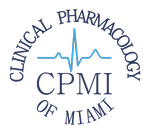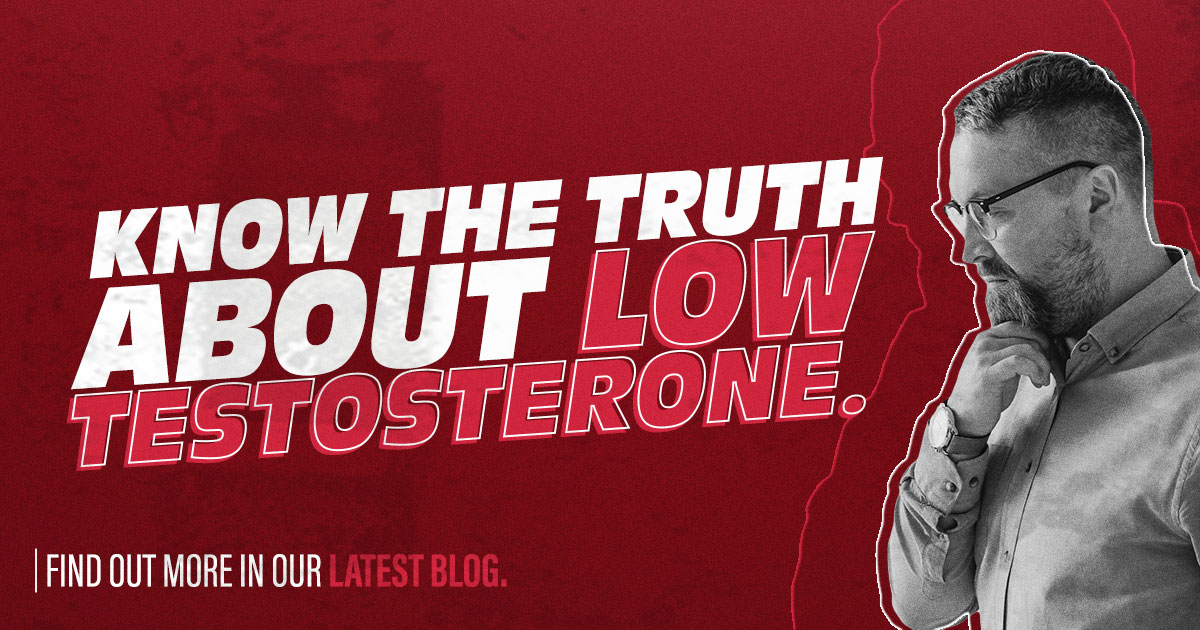Low testosterone (low T) affects millions of men in the U.S. While sexual dysfunction is the top association for this condition, a testosterone deficiency causes other symptoms. Aside from the physical side of this condition, there are other emotional and relationship impacts. There is a lot of misconceptions and falsehoods surrounding low T that can add to the confusion. Let’s review some of the common questions men often have regarding the truth about low T.
“What else does having low T effect’?
Testosterone helps regulate sex drive, muscle mass, and more. A deficiency can result in:
- Physical changes: Reduced muscle mass and strength. Increased body fat, bone frailty, breast development, loss of body hair, and weight gain.
- Sexual changes: Decreased desire, diminished erection quality, and weakened ejaculation and orgasm.
- Cognitive changes: Impaired concentration and verbal memory. Altered visual-spatial awareness is also possible.
- Mood changes: Reduced sense of general wellbeing, decreased energy and motivation, anxiety, depression, and irritability.
- Sleep issues: Fatigue, difficulties falling and staying asleep. Tendency to sleep during the day.
“Do you have to get treatment”?
No. Like many other conditions, low T impacts everyone differently. If symptoms aren’t affecting your everyday life, routine checks to ensure you’re maintaining bone density and other issues not easily visible may be all that’s needed. In other cases, healthier lifestyle changes may be all that’s necessary to improve testosterone levels and symptoms.
However, even if your symptoms aren’t bothersome, anyone with low T should make an appointment with their health provider for an evaluation. Testosterone levels naturally decline the older we get. But other health conditions and factors can cause a deficiency as well. So, by seeking help, either way, any underlying diseases can be ruled out during the evaluation.
“I’ve heard some bad things about testosterone. Are there other ways to treat low T?”
Testosterone replacement therapy (TRT) is available in various forms and is the gold standard way of treating low T. It’s effective, and most see results fairly early into taking it. Nevertheless, everyone isn’t a candidate for TRT. Your doctor can review your options and any risks associated with this type of hormone therapy.
Making healthy lifestyle changes through diet and exercise can improve the symptoms of low testosterone. Diet and exercise can increase energy levels, help you avoid a sedentary lifestyle, and maintaining a healthy weight. You can use these changes as the first layer of treatment or with your doctor’s recommendations.

Exciting potential alternatives are on the horizon for those with low T. Several are being investigated in clinical trials around the globe. If you have low T, you may benefit from participating in upcoming research studies here at Clinical Pharmacology of Miami. Explore your options today! Call us at 305-817-2900, or visit our website to learn more!
Sources:




